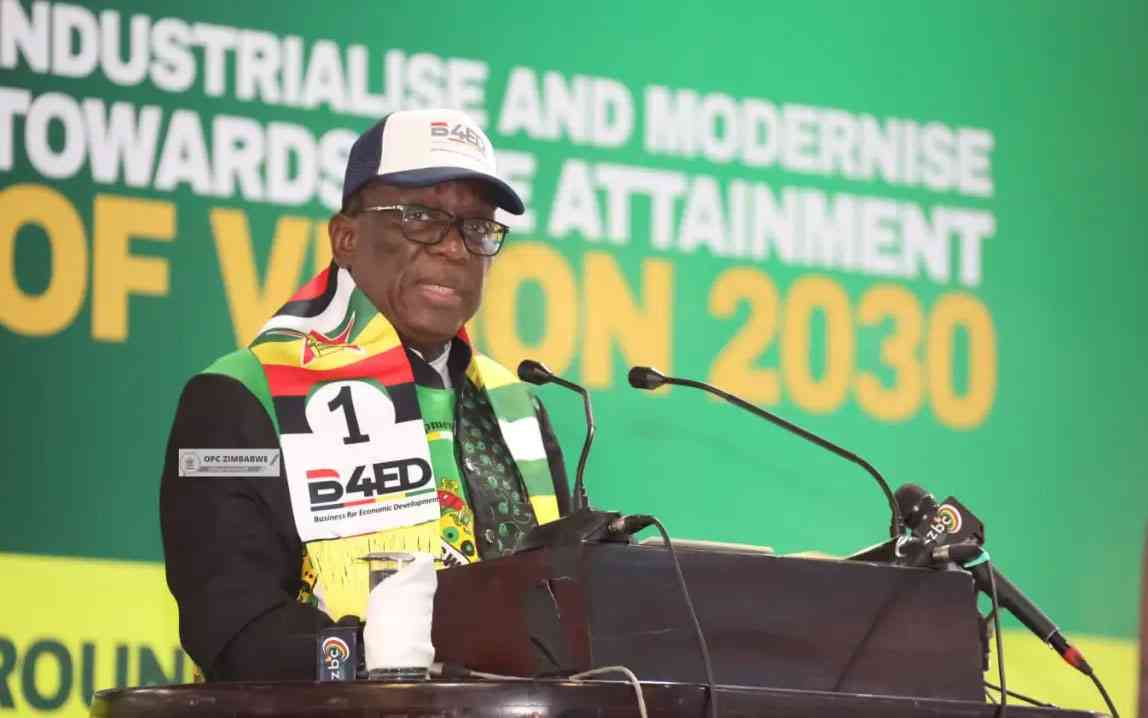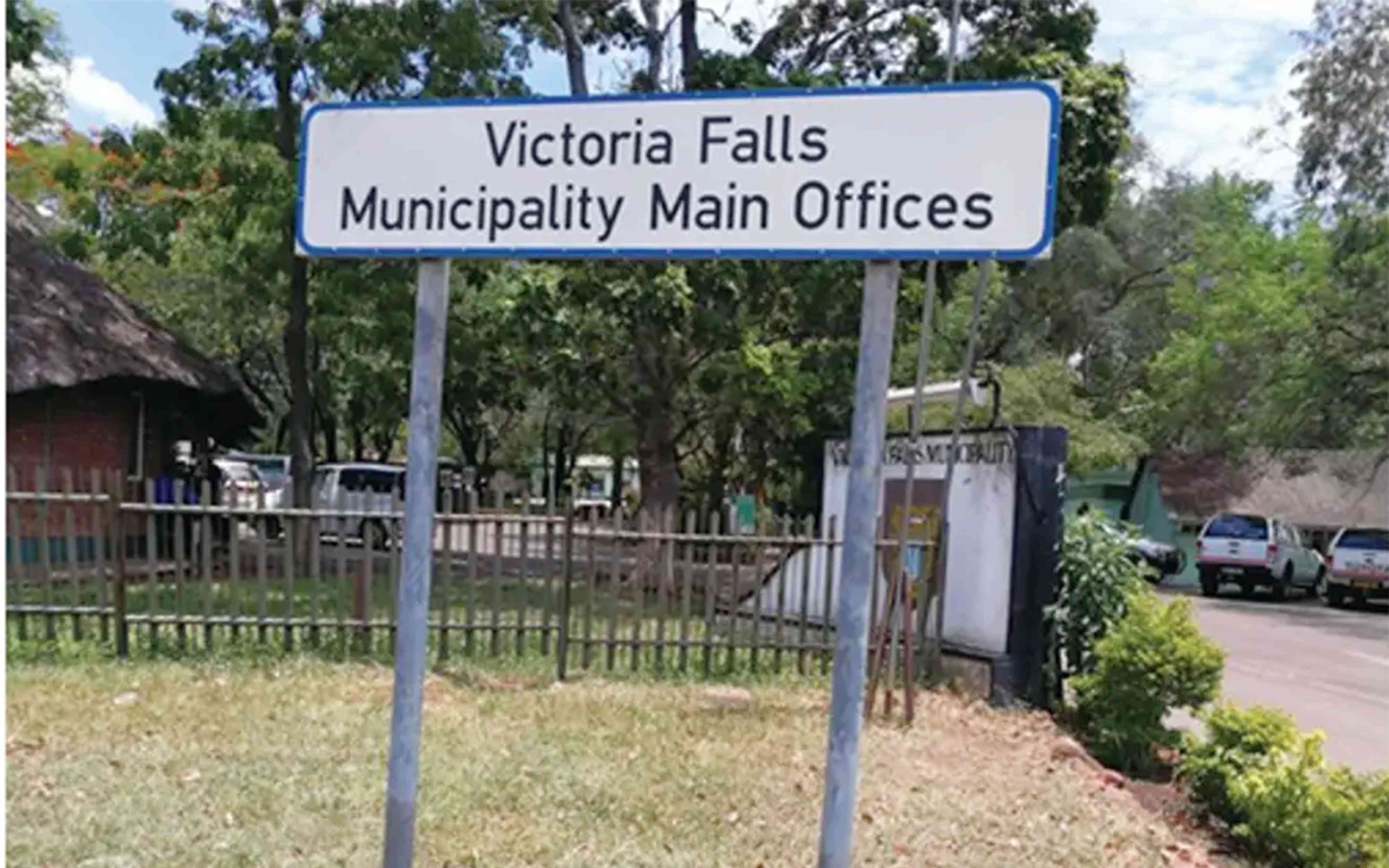
THE Africa Carbon Markets Forum (ACMF) has proposed a new system to classify mining activities based on environmental, social and governance (ESG) standards.
It also recommends an environmental tax framework to align Zimbabwe’s mining fiscal regime with global sustainability norms.
The plan aims to align Zimbabwe’s mining fiscal regime with global sustainability norms and help Treasury build a more transparent, climate-conscious taxation system.
It comes at a time when the mining sector has become the country’s leading source of foreign currency.
According to ACMF research, buoyed by record gold prices, Zimbabwe’s minerals are expected to generate over US$6,2 billion in 2025.
In its submission to the Ministry of Finance, ACMF chief executive officer Anglistone Sibanda said the mining industry continues to face criticism over underpayment of taxes, environmental damage and limited benefits to local communities.
He highlighted several pressing issues such as “underpayment of taxes and royalties due to loopholes and ineffective controls; environmental damage like water and air pollution, deforestation and loss of wildlife in mining areas; harm to local communities, leading to poor health, displacement and lack of development; and insufficient investment in climate adaptation or community projects compared to the profits from mining”.
To address these challenges, Sibanda proposed a mandatory national system to classify mining activities in line with international standards.
“This would set specific rules for all large-scale mines to report on their environmental, social, governance and climate impacts,” he explained.
“This new classification system will clearly define which mining activities are sustainable and which are not, using specific measures for climate impact, pollution, land rehabilitation, water use and community investment.”
ACMF research shows that current green reporting rules are fragmented, inconsistently applied and not linked to taxes, making it difficult to identify and reward the best-performing companies.
While Zimbabwe’s tax system has recently been updated, it remains vulnerable to avoidance and complexity, resulting in missed revenue.
“Fines for pollution and other environmental rules are not yet part of a single, clear strategy for the sector,” Sibanda said.
“Local communities near mines see very few benefits and their complaints often go unresolved.”
He said Zimbabwe’s new 2025 carbon trading regulations provided a major opportunity for climate finance, but the connection to company taxes remained underdeveloped.
“These issues risk perpetuating the ‘resource curse’ instead of building a climate-resilient economy,” Sibanda warned.
The ACMF’s solution is to make comprehensive ESG reporting compulsory for all large mining companies, with annual verification by independent, accredited auditors.
While the Zimbabwe Stock Exchange already mandates ESG reporting for listed companies from 2024, this does not cover all large mining firms, particularly private or smaller operators.
“Reporting must cover environmental, social, governance and climate action details.
“All reports must be verified by an independent third party,” Sibanda stated.
The framework also includes incentives. Mining companies could receive reductions on environmental taxes if they can demonstrate investment in genuine local climate projects, such as renewable energy or reforestation
“Only projects that deliver real, verified emissions reductions would qualify for tax relief,” Sibanda clarified.
Companies would still pay a base level of environmental tax.
Conversely, the system would impose substantial environmental and carbon taxes on mining companies that fail to meet mandatory reporting standards or measurable emissions reduction criteria, ensuring accountability across the sector.











